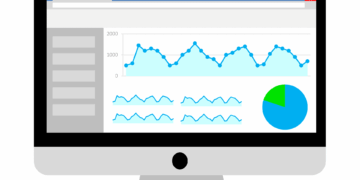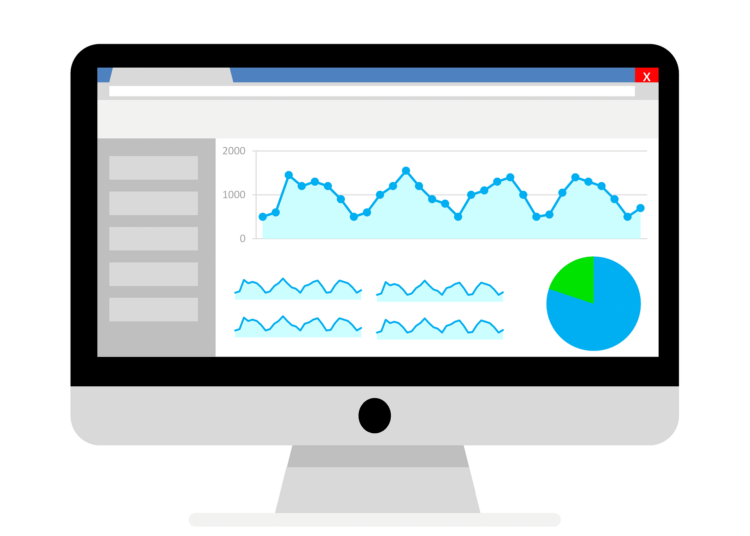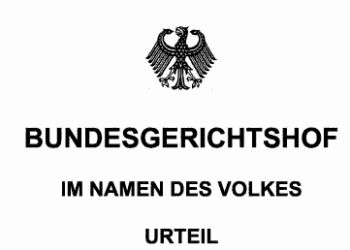Introduction: An expected verdict and its effects
The Cologne Regional Court has sent a signal with a ruling that was expected by many data protection lawyers, including me: The use of Google Analytics was prohibited. We have long pointed to this precedent-setting moment, which underscores the importance of protecting personal data in our digital age. This ruling is a further step in the consistent enforcement of data protection law and raises important questions about the protection of privacy in the digital age. It confirms what we have repeatedly emphasized in numerous blog articles and consultations: Careful compliance with data protection standards is not an option, but a necessity. In this blog article, I will take a closer look at the ruling (Case No. 33 O 376/22), highlight its significance in the context of existing data protection regulations, and analyze its implications for companies and website operators. Finally, I would like to offer some practical recommendations to ensure that your online presence is in line with these important developments
The expected verdict and its reasoning
It is not surprising that the Cologne Regional Court made this decision, given the increasing awareness of personal data protection. As I have mentioned in previous blog articles and warned my clients, the use of Google Analytics without an adequacy decision constitutes unlawful processing of personal data, even if IP addresses have been truncated. This means that, with immediate effect, companies are no longer allowed to use Google Analytics unless they can demonstrate explicit consent from website visitors.
The consequences of the ruling: search for alternative solutions
The consequences of this ruling are significant. Google Analytics is one of the most popular analytics tools on the Internet, used by numerous companies to gain insights into user behavior. With its detailed analytics on visitor flows, page views, and demographics, it has established itself as an indispensable tool for data-driven decision making. With the ban on Google Analytics, companies are now forced to find alternative solutions to maintain their website analytics and marketing strategies. This can be a difficult task as it means researching, implementing, and becoming familiar with new tools, which requires both time and resources. It also presents companies with the challenge of ensuring that these alternative tools meet the strict privacy standards enforced by courts and regulators. But ultimately, this could be an opportunity to adapt business practices and build customer trust through higher privacy standards
Data protection and privacy: the focus of case law
The ban on Google Analytics shows that the protection of personal data and privacy are increasingly becoming the focus of case law. The ruling of the Cologne Regional Court makes it clear that companies must act with extreme caution and transparency when processing personal data. In today’s world, it is no longer sufficient to comply only with basic data protection regulations. Rather, companies are expected to take proactive measures to protect the privacy of their users and disclose their data processing practices. This ruling once again underscores the need for a clear and comprehensible data protection strategy in all companies, regardless of their size or industry.
Challenges and opportunities for companies
For companies that previously relied on Google Analytics, new challenges are now emerging. You need to find alternative analytics tools that comply with privacy regulations and still provide meaningful information. This change also opens up opportunities to use data protection as a competitive advantage and strengthen customer trust.
Conclusion: Data protection and the future of website analytics
In conclusion, it must be noted that the ruling of the Cologne Regional Court sends a clear message: Privacy protection is a top priority and companies must ensure that they comply with data protection regulations. This ruling challenges companies to rethink their privacy practices and find alternative ways to design their website analytics.
The consequences of the ruling do not mean the end of website analytics, but rather an opportunity to explore alternative analytics tools that can meet privacy requirements and still provide meaningful information.
It is now the responsibility of companies to review their data protection practices and adapt them if necessary. Website operators should inform themselves about the legal situation in their country and, if necessary, seek legal advice to ensure that they comply with data protection regulations.
Transparency and consent: key to trust
It is crucial to obtain clear consent from users and to be transparent about what data is collected and how it is used. This process, known as compliance, goes beyond mere adherence to legal requirements. It is also a way for companies to demonstrate their responsibility to their customers and emphasize their commitment to privacy. Through transparent data protection policies and practices, companies can strengthen the trust of their customers while complying with legal requirements.
The advantages of such a compliance strategy are manifold. In addition to avoiding legal problems and potential fines, strong privacy practices can improve brand image and act as a differentiator from competitors. Customers are increasingly sensitive to data protection issues and prefer companies that handle their data transparently and respectfully. In addition, privacy compliance can help minimize potential security risks, as it often incorporates best practices related to data security. Therefore, a strong compliance culture can be a key factor in a company’s long-term success.
Looking to the future: privacy-compliant analysis methods
Companies should rethink their website analytics strategy and consider alternative methods. There are several privacy-compliant analytics tools and methods that allow us to understand user behavior without violating visitors’ privacy. These include, for example, anonymized analyses, consent management platforms, and privacy-friendly tracking methods.
It is important to note that these and similar privacy issues are not limited to Google Analytics, but are applicable to a variety of other tools and services offered by U.S. companies. The use of these tools and services can be just as problematic if it is done without appropriate consent from users and without compliance with data protection regulations. Therefore, it is essential for any company using data analytics tools and services to conduct a comprehensive audit to ensure that they comply with data protection regulations.
The decision of the Cologne Regional Court shows that compliance with data protection regulations must be an essential aspect of business strategy. It is not only about avoiding legal consequences, but also about gaining the trust and loyalty of customers. This means that companies must be proactive and constantly review and improve their data protection practices. It is also an opportunity to explore and implement new, more privacy-friendly technologies and methods that can provide the same or even better insight into user behavior without violating their privacy
Conclusion: A turning point, but not an end
Overall, the ruling of the Cologne Regional Court can be seen as a turning point for data protection in the digital age. It reminds us that privacy and data protection compliance are top priorities in our connected world. And as I always remind my clients: the protection of personal data will continue to be the focus of case law. It is therefore essential to keep abreast of the latest developments and take proactive measures to ensure data protection.
I am very aware that many providers use Google Analytics out of sheer habit. It is a widely used and trusted tool that offers many features they need to analyze their website usage. But as the ruling shows, custom can lead to significant legal problems. It may be difficult to find an adequate replacement, but that is no excuse for not complying with privacy regulations.
Anyone panicking now should realize that this decision should not actually come as a surprise – at least until there is an adequacy decision. As I have emphasized in previous blogposts and to my clients, the use of Google Analytics without the express consent of users is a clear violation of data protection regulations. It is therefore time to reconsider this practice and seek alternative solutions that comply with data protection regulations.
Finally, I would like to emphasize that the ruling of the Regional Court of Cologne is an important reminder that we all have a responsibility to respect and protect users’ privacy. It is not only a legal obligation, but also a matter of ethics and trust. And as the ruling shows, it is something that the courts take seriously and can have serious consequences if ignored.























